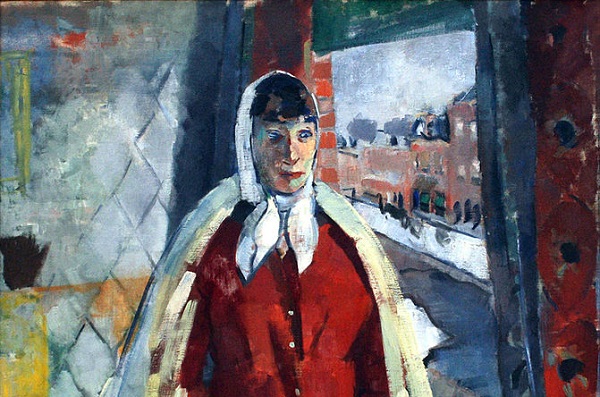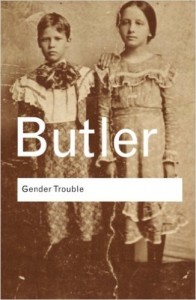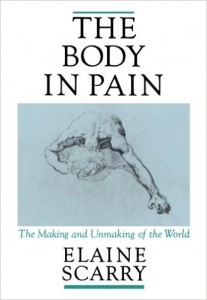
I have labored carefully, not to mock, lament, or execrate human actions, but to understand them.
–Spinoza, Theological-Political Treatise
The Obergfell one-year anniversary is a few days away, but the debate has quickly moved onto other matters.
 This blog started with religion, that is, a big block toward getting a tenured teaching job. Once I had given up on any such aspirations I happily dove into sex and politics. Now I feel mostly comfortable writing about these dinner conversation killers for Americans, so I can write about terrorism, gay marriage, abortion, even Jesus’s wife.
This blog started with religion, that is, a big block toward getting a tenured teaching job. Once I had given up on any such aspirations I happily dove into sex and politics. Now I feel mostly comfortable writing about these dinner conversation killers for Americans, so I can write about terrorism, gay marriage, abortion, even Jesus’s wife.
I still think theology is the most interesting, because it encompasses all the other topics.
As I was going through graduate school gender-theory was emerging on the scene as the next big thing. So I was eminently prepared to write a piece on the leader of the movement Judith Butler–as Ockham’s God. What nobody could’ve predicted is how quickly her ideas would turn mainstream. The New Yorker Magazine’s Cut reports:
Gender Trouble, published in 1990, made Butler a star: It introduced “performativity,” the idea that gender isn’t something we are but something we continually do, opening the door for “cultural configurations of sex and gender [to] proliferate,” as she put it in the book’s conclusion, “confounding the very binarism of sex, and exposing its fundamental unnaturalness.” If not for Butler’s work, “you wouldn’t have the version of genderqueer-ness that we now have,” says Jack Halberstam, a gender-studies professor at Columbia. “She made it clear that the body is not a stable foundation for gender expression.”
For much of her career, Butler was known mostly within academia, in part because of the difficulty of her prose. And yet the work Butler demands of readers is of a kind that, more than ever, they are willing to do now — if not necessarily while reading theoretical texts, then in moving through their daily lives. People outside the academy question their assumptions; they wrestle with unfamiliar ideas and examine their own discomfort. “Don’t laugh,” read a recent headline in the Washington Post. “I have a serious reason for raising my cats gender neutral.” (The reason: as a reminder to use the right pronouns for nonbinary friends.) Theoryspeak, meanwhile, has infiltrated civilian vocabularies. Trope and problematic and heteronormative; even, in a not-quite-Butlerian sense,performative — the sort of words that rankled queer theory’s culture-wars critics — are right at home on Tumblr and Twitter. In a broad-stroke, vastly simplified version, the understanding of gender that Gender Trouble suggests is not only recognizable; it is pop.
By the way, Judith Butler has recently turned to the study of religion, because everyone else in academia has (theology is the next big thing now).
Let’s turn to sex-change operations, or, as they are more sometimes called more euphemistically, gender-reassignment surgeries. 
Movie star Rupert Everett surprisingly recently came out against them.
He even thanks God he didn’t get one:
He told The Sunday Times magazine he dressed exclusively in dresses and skirts from the age of six to 14, adding: ‘I really wanted to be a girl. Thank God the world of now wasn’t then, because I’d be on hormones and I’d be a woman. After I was 15 I never wanted to be a woman again.’
The actor, who is gay, said transgender children who are now able to start hormone treatment with their parents’ consent could grow up to regret it.
‘It’s nice to be allowed to express yourself, but the hormone thing, very young, is a big step.
‘I think a lot of children have an ambivalence when they’re very young to what sex they are or what they feel about everyone. And there should be a way of embracing it.’
These operations, much like abortion debates, are frequently debated on the level of pure abstraction.The value at stake is a typically nebulous postmodern freedom, or an equally unapproachable biological determinism.
The body in pain is totally sucked out of such debates.
Everett brings it back to incarnate reality a bit, but I would like to go further with an instructional video-cartoon.
You didn’t ask for it, but here it is anyway:
https://www.youtube.com/watch?v=uylXNvFrV2I
You should also take a look at What if Judith Butler Was Ockham’s God?
Please consider making a donation to this blog through the donation button on the upper right side of its homepage.
Stay in touch! Like Cosmos the in Lost on Facebook:












